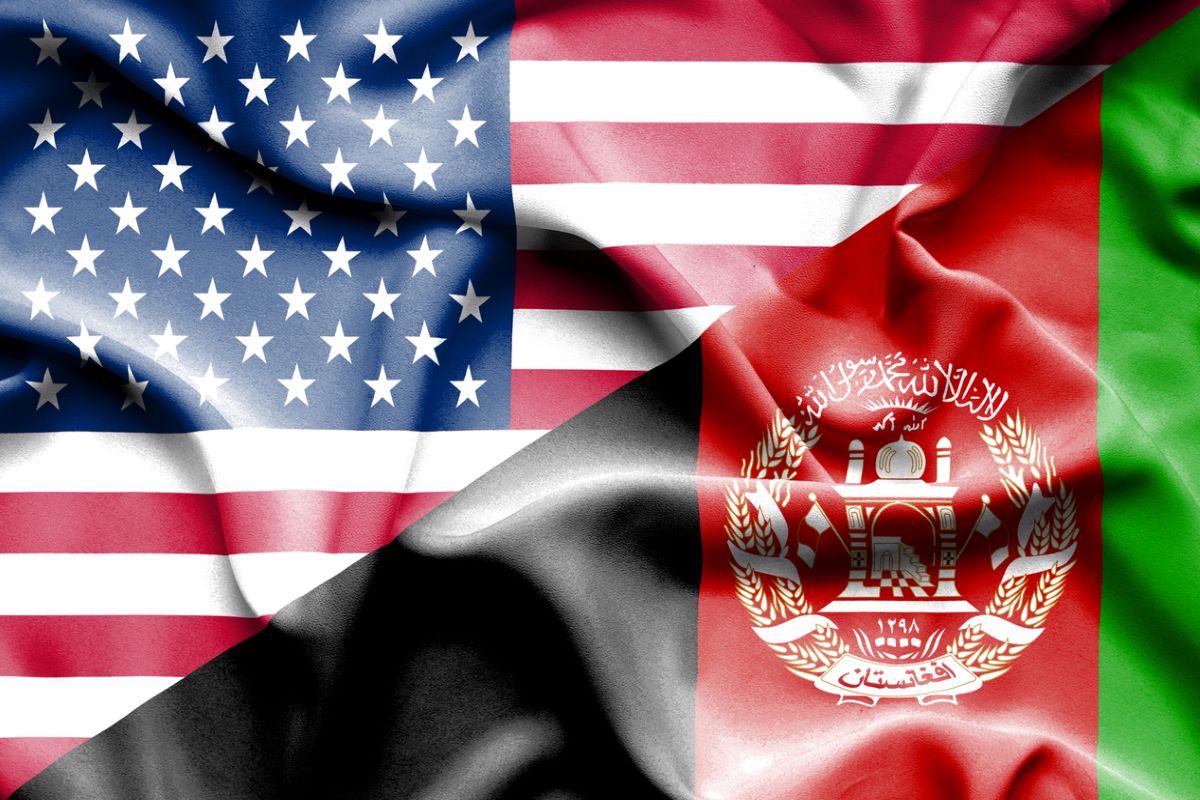The US sanctions, that have had a crippling effect on the Taliban government in Afghanistan, are set to be eased with Washington’s Treasury department on Wednesday issuing what they call “new general licences’’. This theoretically will make it easier for non-government organizations, international aid groups and the US government to provide relief to the Afghan people in general.
Economic pressure on the Taliban will be maintained, however. It is open to question how the Biden administration will maintain a deft balance between the two. The people of the country, more than the rulers in Kabul surely, need assistance as their country countenances a torpid economy. Notably, America is the largest single provider of humanitarian assistance to Afghanistan.
Advertisement
“We are committed to supporting the people of Afghanistan, which is why the Treasury department is taking these additional steps to facilitate assistance,” was the raison d’etre proffered by Wally Adeyemo, the deputy Treasury secretary. The United States does not recognize the Taliban as the legitimate government of Afghanistan.
In the aftermath of the militant outfit’s takeover of the country in August, the Biden administration froze $9.5 billion of Afghanistan’s foreign reserves, stopped sending shipments of dollars to the embattled country’s central bank, and even exerted pressure on the IMF to delay plans to transmit emergency reserve funds to the country.
The humanitarian crisis has placed the Biden administration on the defensive three months after the Taliban assumed power and US boots on the ground left the country. Sanctions can have a crippling effect; but such curbs can scarcely dislodge a government; Iran still makes do with an administration seemingly committed to nuclear proliferation.
In Afghanistan, the economic crisis has been compounded by the pandemic, a severe drought, the loss of foreign aid and frozen currency reserves. It becomes imperative, therefore, for the Taliban government to enhance its acceptability. An unrecognized dispensation cannot readily expect assistance from the comity of nations or even a section thereof.
In other words, it must of necessity meaningfully join the global order if it seeks a helping hand. Just as the economic crisis is a matter humanitarian concern, so too must be the attitude towards its people, most particularly women and children. Children, including girls, reserve the right to be educated and not suffer the fate of Malala Yousufzai a few years ago. A decidedly more liberal attitude must influence the hardliners’ dealings with people, especially women.
For far too long have women led a cloistered existence, especially in Afghanistan. The cloister and the hearth are equally antediluvian in this day and age. Women do deserve the right to work, if not drive to the place of employment. The Taliban should not expect the world’s sympathy if it is unable to accommodate its concerns. At the same time, it must know that saccharine assurances alone will not work; after all, the outfit has a brutal record to address.











